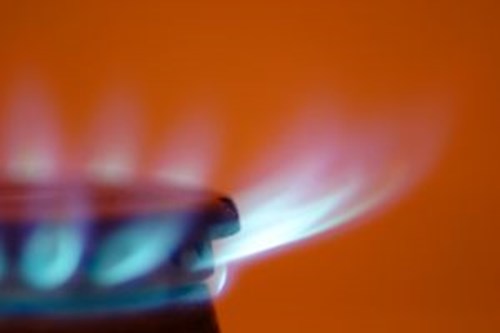INGAA Foundation Unveils Report on Electrifying Natural Gas Compression for Greenhouse Gas Reduction
(P&GJ) — The INGAA Foundation has released a groundbreaking report titled "Impact of Electrifying Natural Gas Transmission Compression" on January 17, 2024. Commissioning global consulting and technology services provider ICF, the Foundation aimed to assess the potential effects of electrifying natural gas transmission compression as a strategic measure to combat greenhouse gas (GHG) emissions across the natural gas supply chain.
“Foundation members, and the industry in general, are exploring different avenues for reducing emissions from their assets,” Amy Andryszak, president of the Foundation, said. “This study creates value for the entire natural gas pipeline industry by providing in-depth research and actionable recommendations companies can use to better reduce methane emissions from our infrastructure.”
Doing so, the report explains, could reduce methane emissions and eliminate combustion emissions, thereby reducing overall GHG emissions. However, that switch could also raise reliability and resiliency concerns due to additional demand on the electric grid in some regions. The report concludes that in some regions, installation of dual-drive compression, meaning compression with electric and gas-powered optionality, can achieve significant GHG reductions without adverse impacts on the reliability and resiliency of the transmission system.
The report also offers recommendations for a roadmap to convert those compressor stations, highlighting that the end of service life is an opportune time to consider said replacement. The report includes two representative frameworks to support the development of an electrification strategy for a natural gas pipeline operator.
“Our goal with this study was to do more than simply model the GHG impacts of installing electric-driven compressors; we also wanted to answer the question ‘how does this apply to me as a pipeline operator, a service provider, or someone in the industry’,” said Kaushal Shah, Senior Project Manager at ICF. “The final paper does that by providing an overview for industry professionals to implement these plans and consider electrification of compressors as a potential solution to reducing GHG emissions from pipeline assets.”
Related News
Related News

- Keystone Oil Pipeline Resumes Operations After Temporary Shutdown
- Freeport LNG Plant Runs Near Zero Consumption for Fifth Day
- Biden Administration Buys Oil for Emergency Reserve Above Target Price
- Mexico Seizes Air Liquide's Hydrogen Plant at Pemex Refinery
- Enbridge to Invest $500 Million in Pipeline Assets, Including Expansion of 850-Mile Gray Oak Pipeline





Comments